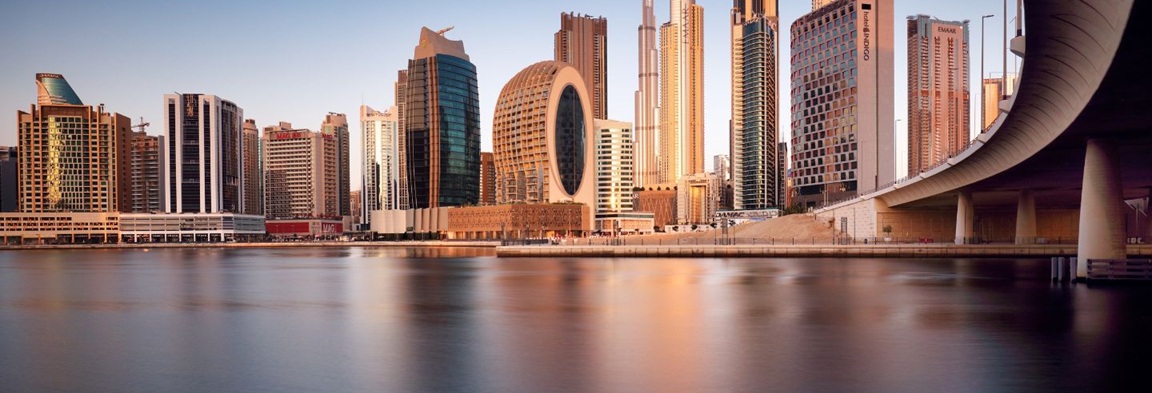Important Insights About VAT in the UAE for Businesses and Consumers
Thursday, 12 June 2025
Value Added Tax (VAT) is a significant change coming to the Gulf Cooperation Council (GCC) countries, including the UAE, starting in 2018. This new tax aims to diversify government revenues amid fluctuating oil prices, but what exactly is VAT, and how will it impact everyday life? In this blog, we break down the essentials of VAT in the UAE and answer the most common questions to help you understand this important shift.
Table of Contents
- What is VAT?
- When Will VAT Be Implemented?
- How Does VAT Work?
- Will Everything Be Taxed?
- What Will Be Exempt from VAT?
- What Will Be Taxed?
- Will VAT Be a Cost to Businesses?
- Will VAT Increase Prices?
- How Should Businesses Prepare for VAT?
- Why Is VAT Being Introduced in the GCC?
- Frequently asked questions
What is VAT?
VAT, or Value Added Tax, is a consumption tax imposed on goods and services at each stage of production or distribution. For GCC countries, including the UAE, VAT represents a new source of government revenue to reduce dependence on oil income.
The UAE alone is expected to generate over Dh12 billion in additional revenue during the first year of VAT implementation. This move aligns with recommendations from the International Monetary Fund (IMF) for fiscal consolidation, urging countries to diversify revenue streams and reduce subsidies.
When Will VAT Be Implemented?
VAT will officially roll out in the UAE and other GCC countries starting January 1, 2018, at a rate of 5%. This marks the first time such a tax will be introduced in the region.
How Does VAT Work?
According to Younis Al Khoury, Undersecretary of the UAE Ministry of Finance:
- Companies with annual revenues exceeding Dh3.75 million must register for VAT under the GCC VAT system.
- Businesses with revenues between Dh1.87 million and Dh3.75 million have the option to register during the initial phase.
- Eventually, registration will be mandatory for all businesses regardless of revenue in the second phase of VAT rollout.
Will Everything Be Taxed?
The UAE will maintain many tax-free advantages, such as:
- No income tax on salaries
- Free zones offering tax-free environments, including 100% foreign ownership and business-friendly regulations
The government plans to minimize VAT’s impact on everyday consumers by zero-rating or exempting essential goods and services. The focus of VAT is primarily on taxing discretionary consumer spending, while protecting lower-income groups.
What Will Be Exempt from VAT?
The UAE government has announced exemptions for key categories, including:
- Over 100 basic food items
- Healthcare services
- Education
- Bicycles
- Social services
These exemptions ensure that essentials remain affordable for all residents.
What Will Be Taxed?
VAT will apply to items such as:
- Electronics and smartphones
- Cars
- Jewelry and watches
- Dining out
- Entertainment
Additionally, GCC countries plan to impose excise duties on products harmful to health, such as sugary drinks.
Will VAT Be a Cost to Businesses?
Businesses involved in taxable supplies can reclaim VAT paid on their expenses, meaning VAT should not be a net cost to them. However, if a company’s activities are exempt from VAT, it cannot reclaim VAT on costs, which may become a cost to the business.
Will VAT Increase Prices?
Since VAT is a consumption tax added to the final price, it is expected that prices of goods and services will increase by approximately 5%. However, pricing decisions remain with suppliers, who may choose to absorb part of the tax or pass it fully to consumers.
How Should Businesses Prepare for VAT?
With a limited timeframe before implementation, companies need to evaluate how VAT will affect their operations. Preparation involves assessing business processes, updating accounting systems, and training staff to ensure compliance.
Why Is VAT Being Introduced in the GCC?
The introduction of VAT reflects a strategic move by GCC governments to reduce reliance on oil revenues, which have been volatile. VAT helps diversify income sources and supports long-term fiscal stability while promoting economic sustainability.
VAT marks a major step for the UAE and the GCC towards modernizing their economies. While it introduces new compliance requirements, VAT is also expected to bring greater transparency and fiscal balance. For residents and businesses alike, understanding the basics of VAT will be key to navigating this change smoothly.
Frequently Asked Questions (FAQs)
What is VAT and why is it being introduced in the UAE?
VAT (Value Added Tax) is a consumption tax on goods and services. It is being introduced to help GCC countries like the UAE diversify government revenues and reduce dependence on oil income.
When will VAT come into effect in the UAE?
VAT will be implemented starting January 1, 2018, at a rate of 5%.
Who needs to register for VAT in the UAE?
Companies with annual revenues over Dh3.75 million must register for VAT. Those earning between Dh1.87 million and Dh3.75 million can choose to register during the initial phase.
Will VAT apply to all goods and services?
No. Essential items such as basic food, healthcare, education, bicycles, and social services will be exempt or zero-rated. VAT will mainly apply to discretionary goods and services like electronics, cars, dining out, and entertainment.
Will VAT increase prices for consumers?
Yes, since VAT is added to the final price of goods and services, prices are expected to rise by about 5%, but businesses may decide how much of this tax to pass on to customers.





